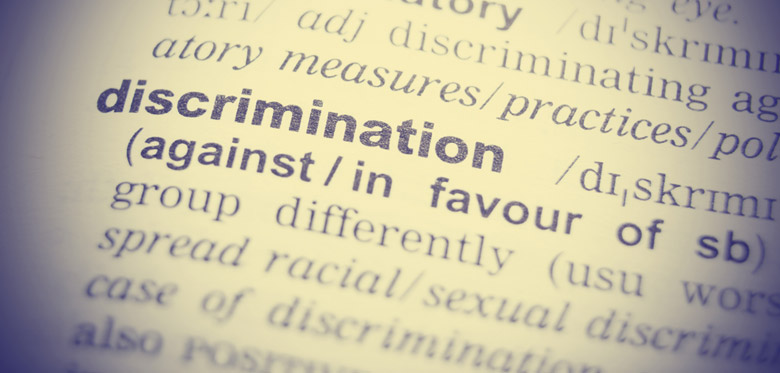A study conducted by Diabetes UK has revealed that more than one third of employees have faced difficulties with their employer in relation to their condition in the workplace.
In a survey of 10,000 employees, it showed that 25% of people would be in support of an initiative for the provision of time off work to attend medical appointments and more flexibility.
Helen Dickens the Assistant Director of Campaigns and Mobilisation at Diabetes UK explained ‘Thousands of people across the UK have spoken out about how a lack of understanding from their employers can make working with diabetes not just exhausting and stressful, but also potentially life-threatening. Discrimination and difficulties come about because employers lack knowledge about diabetes and do not understand its impact. We need to talk more about the condition and the many ways it affects people’s lives in order to persuade workplaces to offer greater understanding and flexibility. Everyone deserves to work in an environment where they can ask for the support they need.’
It is understood that people with diabetes often do not consider themselves to have a disability. The condition and it’s effects however do meet the definition of disability as set out in the Equality Act 2010 which affirms that employers are expected to make reasonable adjustments to guard against discrimination taking place which can be linked to an employee’s disability. Reasonable adjustments may include flexibility in working hours, allowing time off work to attend appointments, private spaces to allow employees to take insulin injections or modified equipment for example for visually impaired employees.
The survey further revealed that 7% of people who took part have not told their employers about their condition. Martin Hirst, Chief Executive of the charity InDependent Diabetes Trust is reported to have said ‘The survey highlights the need for both employers and employees to be aware of both their Rights and Responsibilities at work under the Equality Act. For example, failure to disclose the condition could force a breach of health and safety regulations and could pose a risk to not only the person with diabetes but also their co-workers’.
Section 4 of the Equality Act lists the protected characteristics under which claims of discrimination can be brought. They are as follows:
- Age
- Disability
- Sex
- Religion or belief
- Race
- Pregnancy and maternity
- Marriage and civil partnership
- Gender reassignment
- Sexual orientation
If an employee believes that their employer has breached the provisions of the Equality Act 2010, in relation to their disability or any of the other protected characteristics listed under the act, they may be able to bring a claim of discrimination in the employment tribunal. However the time limits within which claims should be issued is extremely short, generally only three months less one day from the date of the date of the last discriminatory act complained of.
If you believe that you have been subjected to discriminatory treatment at work because of your disability or any other protected characteristic, please contact our specialist discrimination team for advice on 01616 966 229.
By Laura Brown, employment and discrimination advisor




Comments